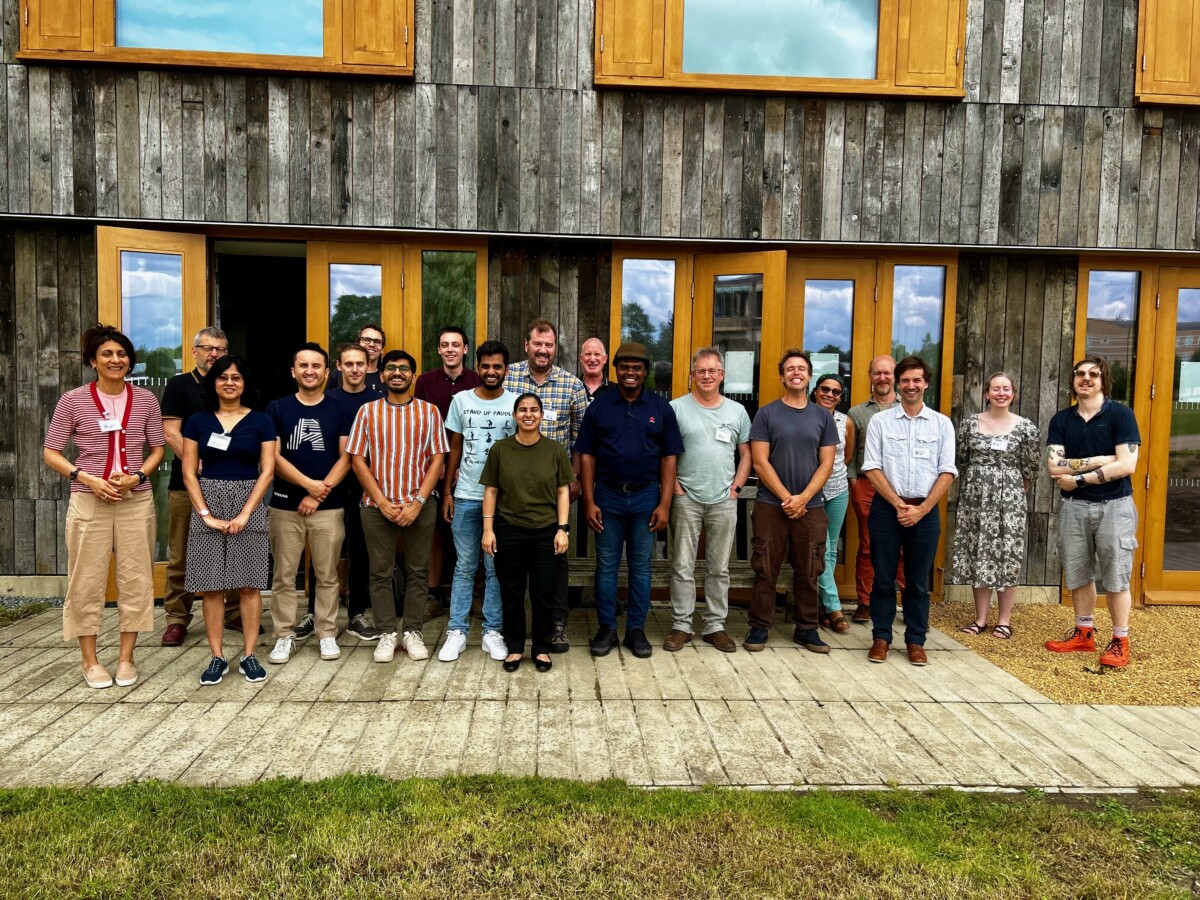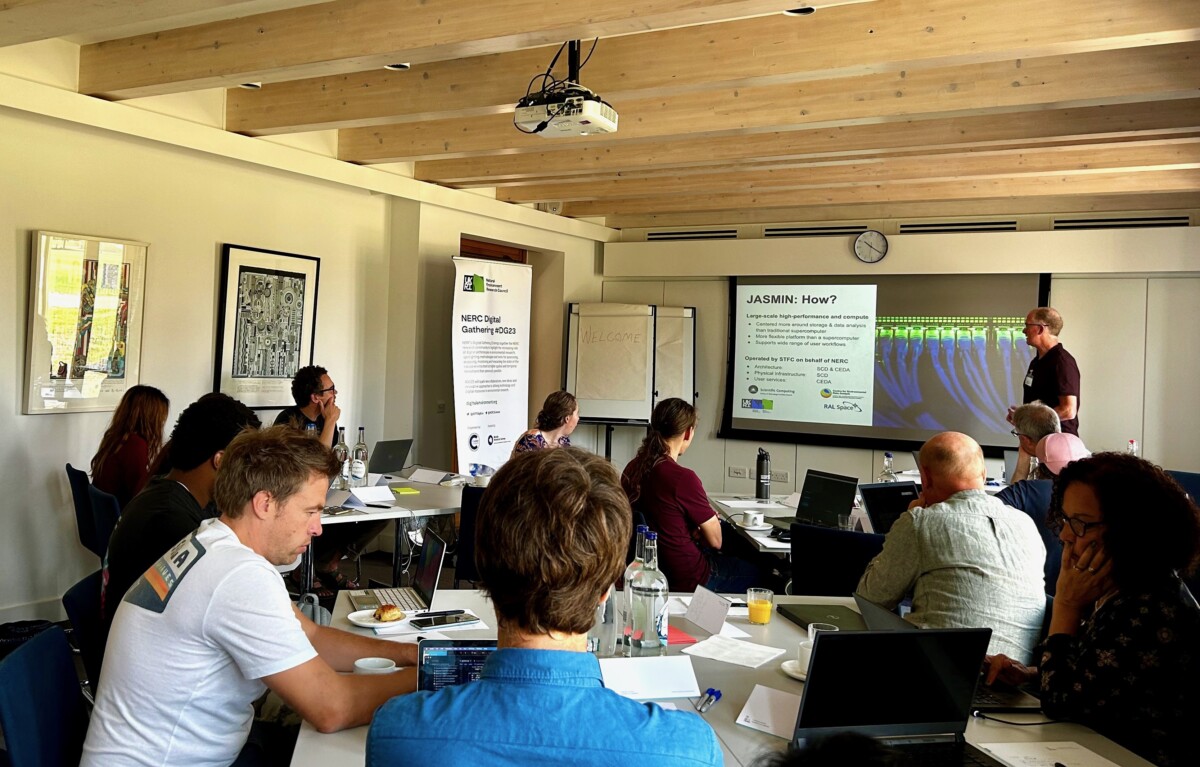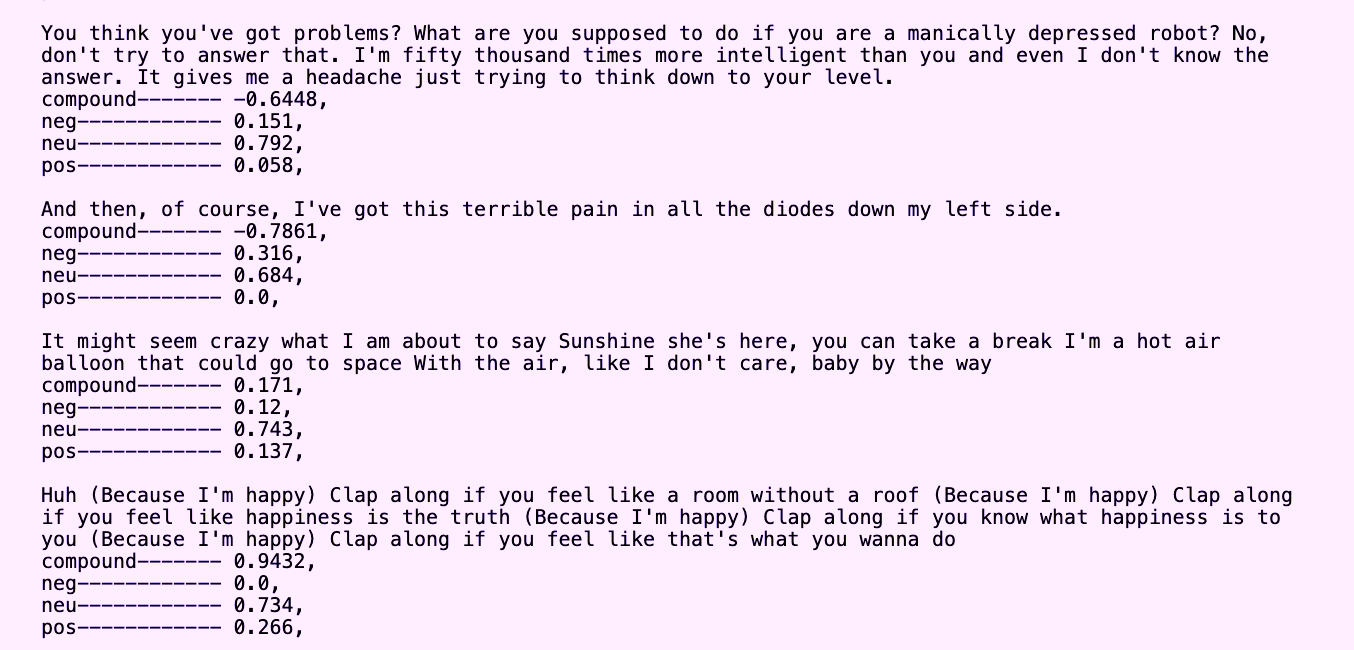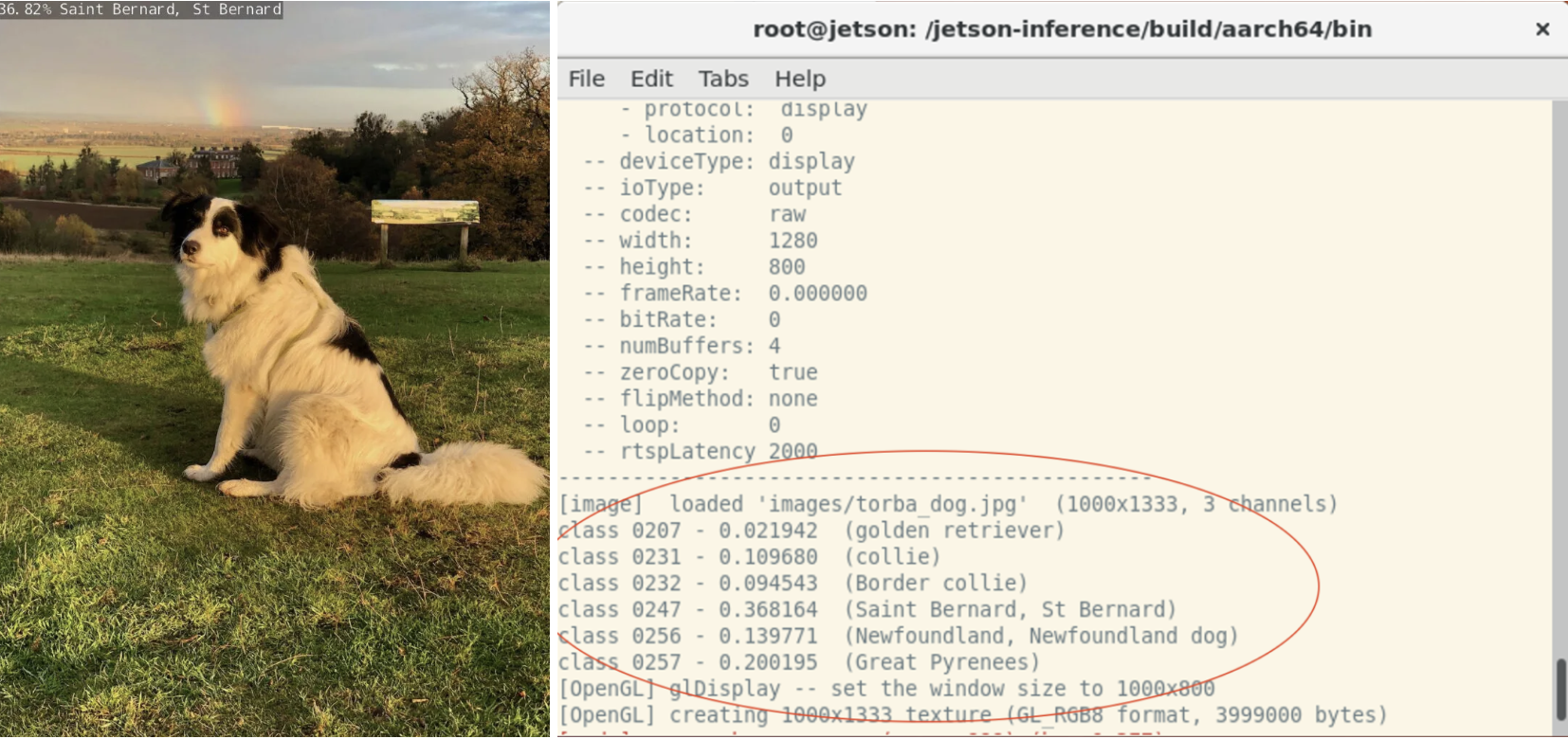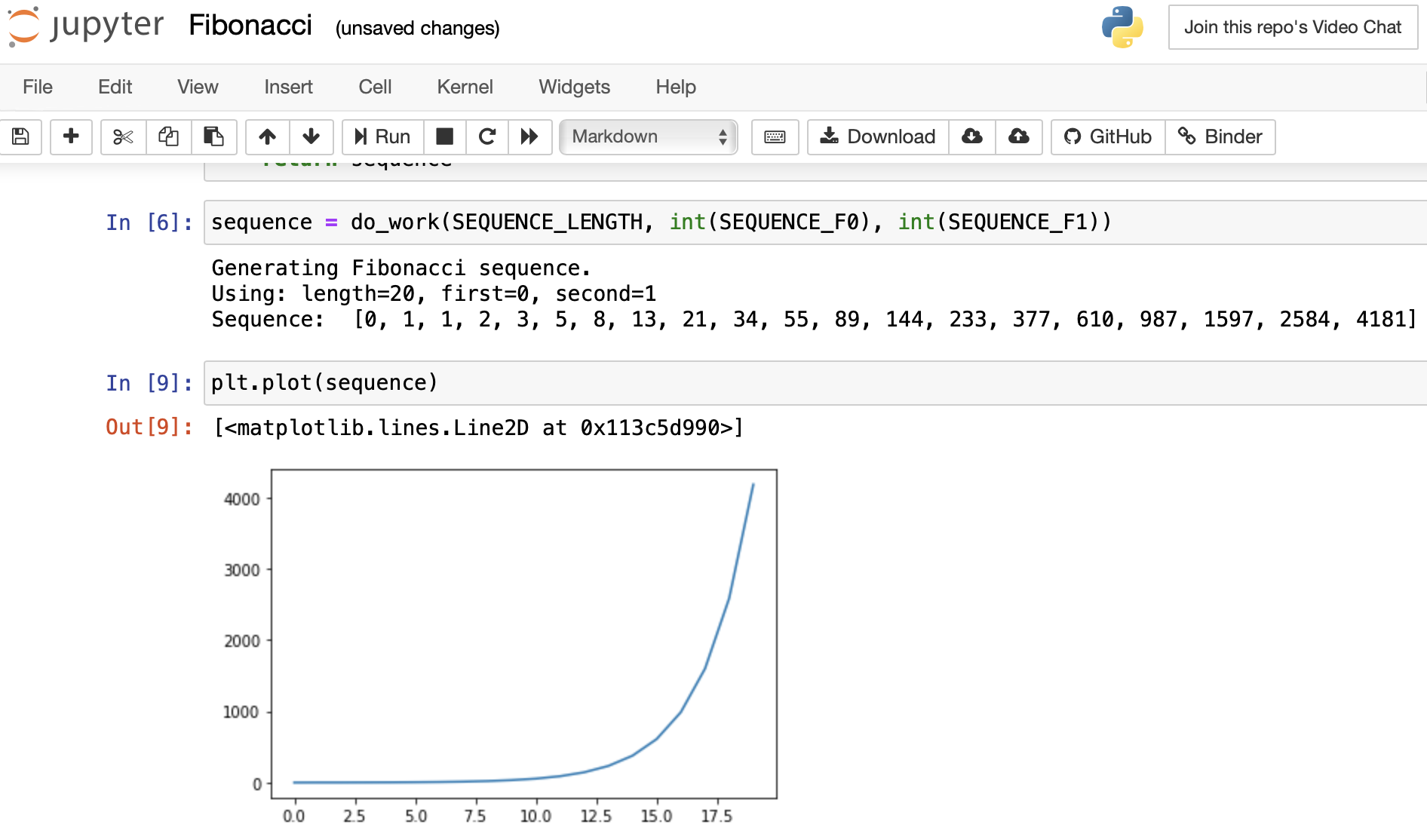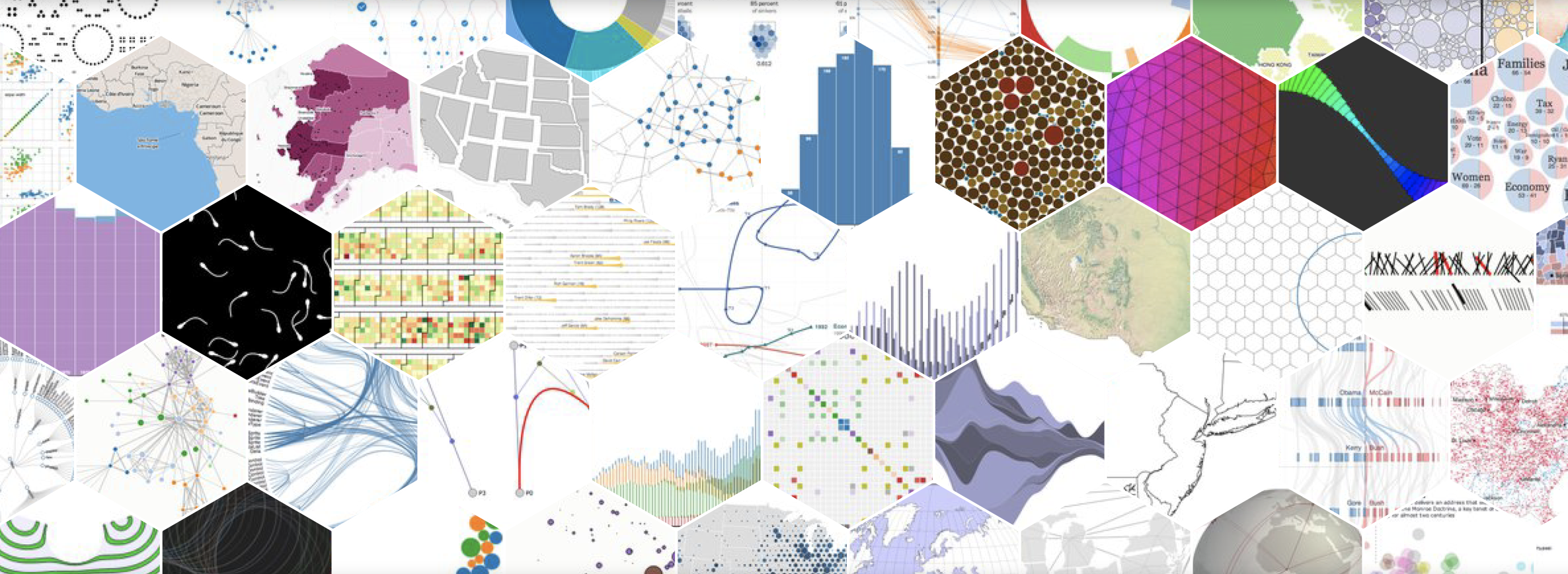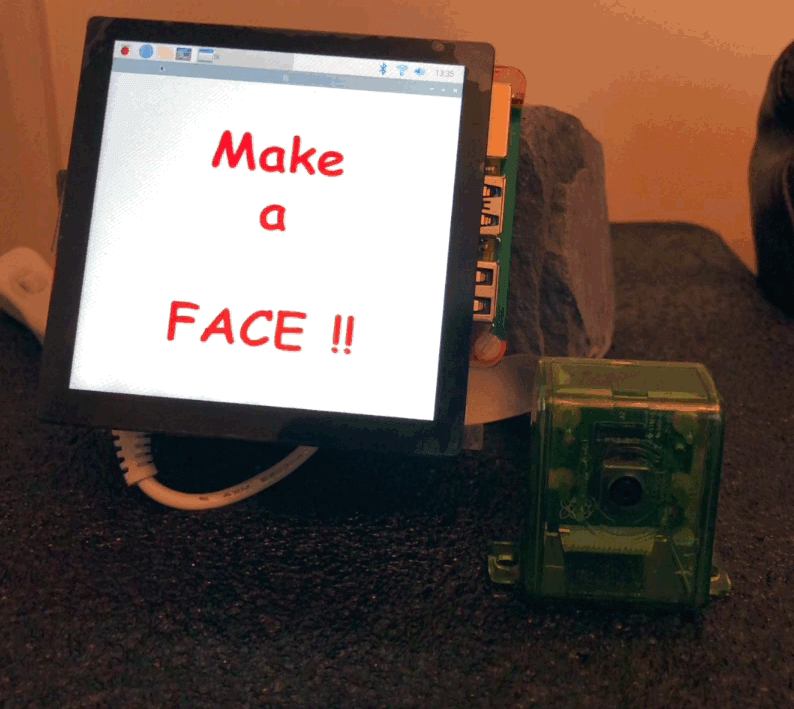The NERC #DG23 ‘Digital Gathering 23’ Hackathon event finishes
The NERC Digital Gathering #DG23 Hackathon event, held following the conference has now finished. We adopted a ‘collaborative’ approach to this year’s hackathon, with two groups of experienced instructors helping to facilitate the delegates to use the software tools and computational environments on offer to further their research. Expert Network member Prof. Richard Reeve and […]
